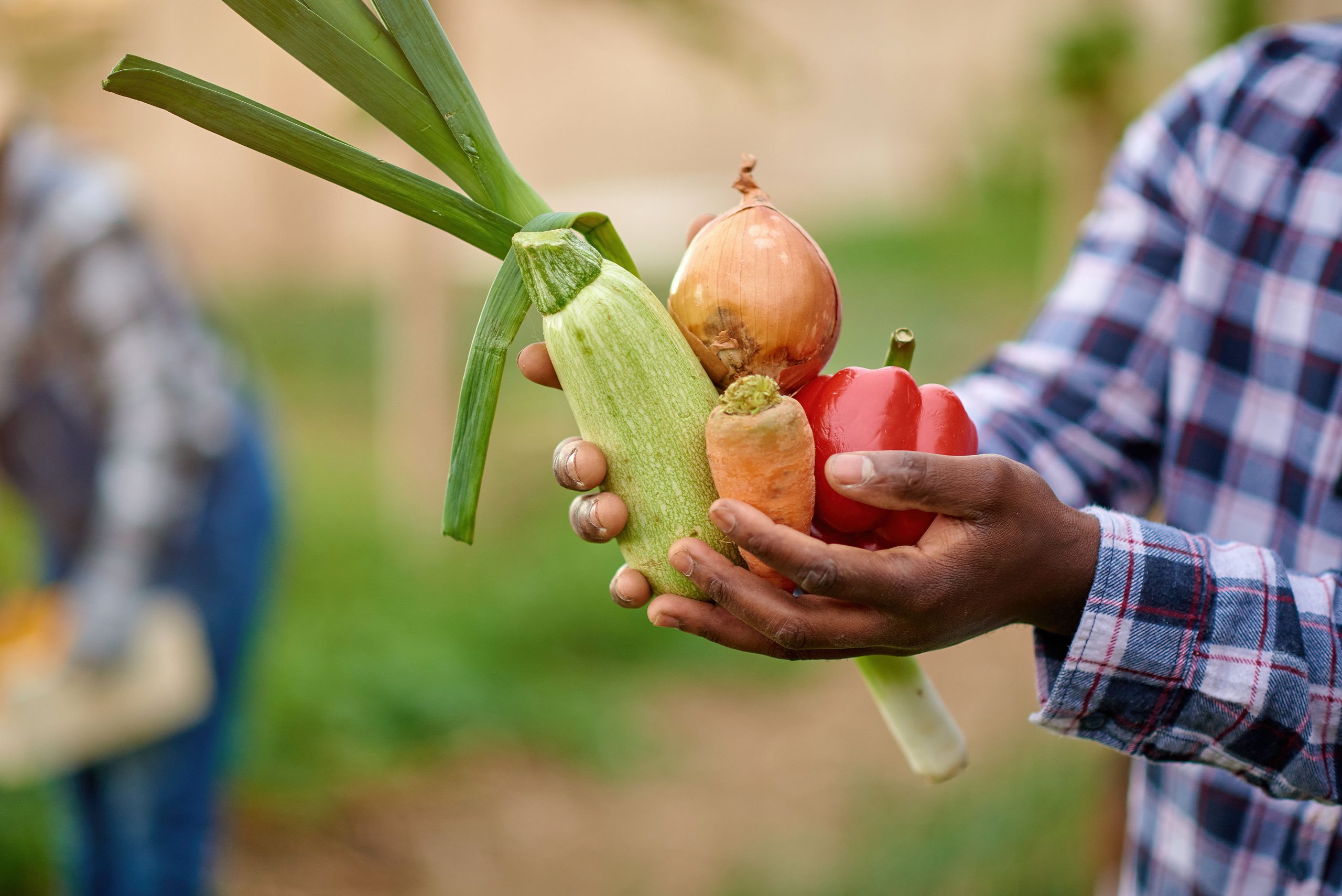Organic gardening is a form of gardening that focuses on using natural processes and materials to grow plants. This type of gardening can be used to grow both food and ornamental plants. The main principles of organic gardening are to work with nature, promote biodiversity, and use organic materials.
One of the most important principles of organic gardening is to work with nature. This means using natural processes to help your plants grow, such as using compost to add nutrients to the soil. It also means using pest control methods that don’t involve toxic chemicals. Instead, you can use things like traps and barriers to keep pests away from your plants.
Another important principle of organic gardening is to promote biodiversity. This means growing a variety of different plants in your garden. This can help to attract beneficial insects, such as pollinators, and can also help to make your garden more resilient to pests and diseases.
Finally, organic gardening relies on using organic materials. This includes things like compost, mulch, and manure. These materials provide nutrients for your plants and help to improve the structure of the soil. They also help to suppress weeds and keep pests away.
What is the principal goal of organic production?
Organic production is a holistic system designed to work with nature to promote ecological balance and soil health. The principal goal of organic production is to create a sustainable agricultural system that is environmentally friendly, socially responsible, and economically viable.
Organic farmers work to build healthy soils that are teeming with beneficial microbes and nutrients. They use cover crops and green manures to add organic matter back into the soil, and they employ crop rotation and other techniques to break up pest cycles and reduce the need for chemical inputs. In addition to these soil-building practices, organic farmers also strive to create a diverse and vibrant ecosystem on their farms. They do this by planting hedgerows, creating habitat for beneficial insects, and promoting a wide range of plant and animal species.
All of these practices help to create a more sustainable agricultural system that is better able to withstand pests, diseases, and other challenges. In addition, organic farmers often produce food that is higher in nutrients and flavor, and they do so without harming the environment.
What are the benefits and principles of organic farming?
Organic farming is a method of agriculture that focuses on producing food in a way that is environmentally, socially and economically sustainable. It is an approach to food production that is based on a set of principles that aim to create a system that is in harmony with nature.
The benefits of organic farming include:
1. It is better for the environment Organic farming practices help to conserve water, reduce soil erosion and promote biodiversity. They also help to reduce the greenhouse gas emissions that contribute to climate change.
2. It is better for the animals Animals raised on organic farms are typically treated better than those on conventional farms. They are given more space to roam and are not given routine antibiotics or growth hormones.
3. It is better for your health Organic foods are often higher in vitamins, minerals and antioxidants than conventionally-grown foods. They also tend to be lower in pesticides and other harmful chemicals.
4. It supports small farmers Small-scale organic farmers are often more in tune with their local environment and the needs of their community. They are also more likely to use sustainable farming practices that protect the long-term health of the land.
The principles of organic farming include:
1. Soil health: Organic farmers work to improve and maintain the health of their soils by using practices such as cover crops, crop rotation and composting. This helps to build up the soil’s fertility, improve its structure and increase its ability to hold water.
2. Water conservation: Organic farmers use a variety of methods to conserve water on their farms, such as mulching, contour plowing and planting cover crops. They also avoid using irrigation methods that waste water or lead to runoff.
3. Pest management: Organic farmers use a variety of pest management strategies, such as crop rotation, companion planting and biological control. They avoid using pesticides unless absolutely necessary, and when they do use them, they choose ones that are least harmful to people and the environment.
4. Energy efficiency: Organic farmers strive to use energy-efficient practices such as no-tillage, minimum tillage and direct seeding. They also often use alternative energy sources such as solar power and wind energy.



